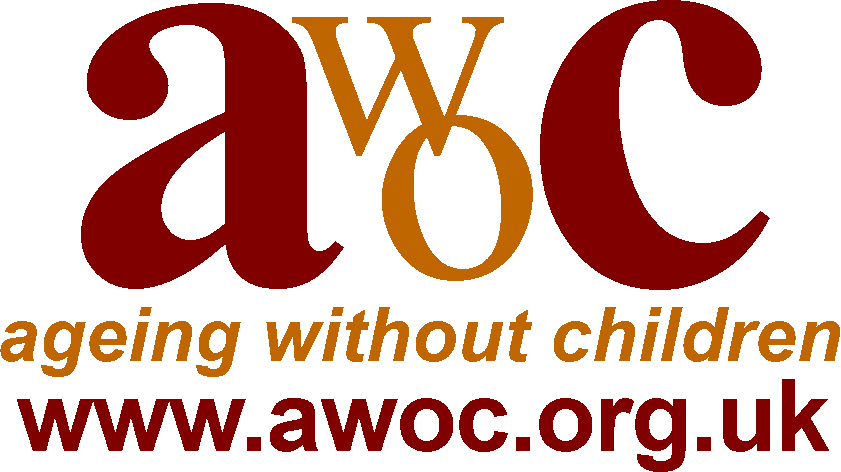When I founded Ageing without Children back in 2015 I was under no illusions of how difficult the situation facing older people who had no adult children or adult children willing or able to support them would be. In 2014 the IPPR had published The Generation Strain and they were very clear
“Most care for older people is not provided by the state or private agencies but by family members, at an estimated value of £55 billion annually. However, as the babyboomer generation ages, a growing 'family care gap' will develop as the number of older people in need of care outstrips the number of adult children able to provide it. This is expected to happen for the first time in 2017”
IPPR The Generation Strain https://www.ippr.org/publications/the-generation-strain-collective-solutions-to-care-in-an-ageing-society
2017 was 5 years ago and in the intervening period we have also had Brexit, Covid19 and now the Cost of Living crisis.
Figures from the NHHS show that 6 in 10 patients medically fit to be discharged are unable to leave because of shortages of social care staff or beds in residential homes. Age UKs campaign “fix social care” estimates that 1.6 million people aged 65+ don't receive the care and support they need with essential living activities. Today, Skills for Care published their latest annual workforce report. They found that in the year to March there were:
a total of 1.79 million posts in adult social care
of these 1.62 million were filled, leaving 165,000 vacant - a rise of 52% on the previous year
the number of filled posts fell by 50,000 compared with the previous year - the first drop ever
Much of the coverage in the mainstream media has centered on families struggle to find care for their parents and how it impacts on families. As a society we still seem unable to move beyond the idea that all older people have children who will step in and arrange, manage or provide care and support when it is needed.
And so again, we need to ask the question; what is happening to the estimated 1.5 million people over 65 in the UK who do not have adult children to help fill the gap or to make the endless phone calls needed to try and get help. Is anyone looking at the family circumstances of those older people who cannot be discharged or cannot get social care? Is the question being asked, does this person have any children? Does this person have children with which they have no contact?
One of the most difficult things about working on Ageing without Children as an issue is a basic lack of data. Beyond broad high level figures about the instances of older people without children, we have next to no information about the experiences of older people who are AWOC of social care and hospital discharge. We don’t know because we don’t ask. Stories are still so often told to the media through the voices of adult children “my mum”, “my grandad” rather than by individual older people themselves.
Being wholly honest, it is absolutely terrifying as someone ageing without children to look at the state of social care. People Ageing without Children rely more heavily on paid for care because they don’t have support from adult children and they’re more likely to go into care homes because of it. At the moment it looks like there’s going to be no safety net for me or thousands like me when I need it. I wish I had an answer but I don’t. Perhaps we could start by including them in the data that is collected and the conversations that are had. Maybe then we could start to find some answers.
